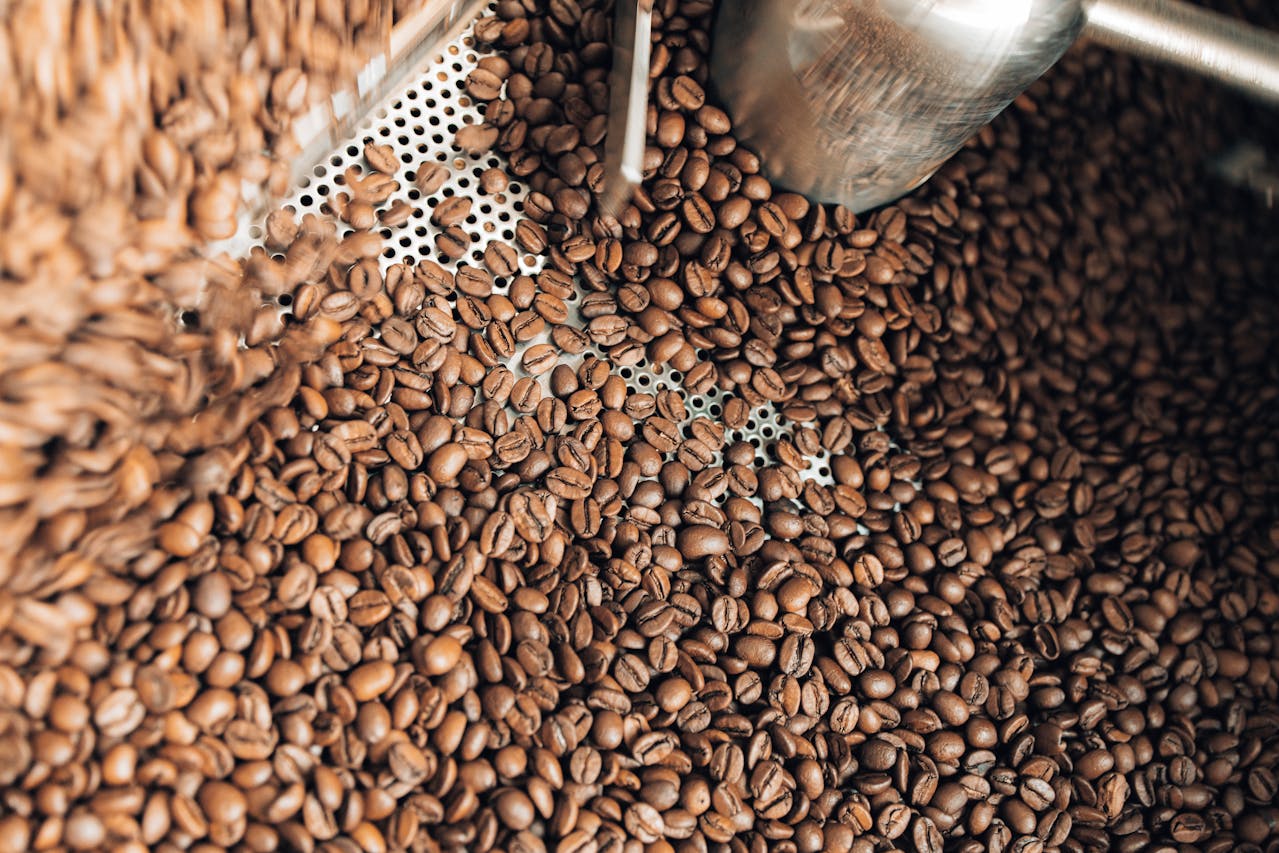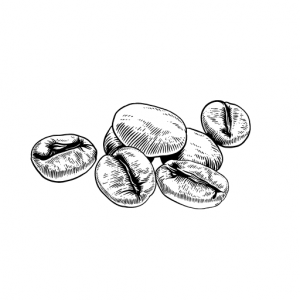Imagine waking up to the aroma of freshly brewed coffee, filling your senses with anticipation and warmth. The first sip envelops your taste buds, transporting you to the lush landscapes of Indonesia, where sustainable and specialty coffees are meticulously grown and harvested. This is the world of Indonesian export-ready coffee, where each cup tells a story of passion, culture, and a commitment to excellence.
Indonesia, renowned for its stunning natural beauty and warm hospitality, is also home to a vibrant coffee industry. With its fertile soils and ideal climate, the country has become a coffee lover’s paradise, producing a wide range of coffee varieties that are sought after by enthusiasts and connoisseurs around the globe.
As a coffee lover, you understand the value of a beautifully crafted cup of coffee. You appreciate the nuances of flavor, the depth of character, and the artistry that goes into every bean. And when you choose Indonesian export-ready coffee, you not only support the livelihoods of small farmers but also contribute to the sustainable growth of the coffee industry in Indonesia.
Indonesian coffee is known for its exceptional quality and distinct flavors. Whether you prefer the smooth and balanced aromas of Arabica, the bold and robust profile of Robusta, or the unique character of Liberica, Indonesia has a coffee to suit every palate.
Join us on a journey through the diverse regions of Indonesia, where we will explore the different types of coffee and their unique characteristics. Discover the earthy richness of Sumatra, the historical significance of Java, the hidden treasures of Kalimantan, and the breathtaking landscapes of Bali and East Nusa Tenggara.
But our exploration doesn’t stop there. We will also delve into the process of becoming a coffee exporter in Indonesia, the production volumes of Indonesian coffee exporters, pricing and minimum order quantities, shipping and export details, quality control and certification, shipping delivery times, and more. We will equip you with the knowledge and insights you need to navigate the world of Indonesian coffee exports successfully.
Indonesian export-ready coffee is more than just a beverage; it is an experience, a connection to the rich cultural heritage and natural splendor of Indonesia. It is a testament to the passion and dedication of coffee growers and exporters who strive for excellence in every cup. So, grab your favorite mug, and let’s embark on a journey that will awaken your senses and ignite your love for Indonesian coffee.
Types of Indonesian Coffee from Sumatra
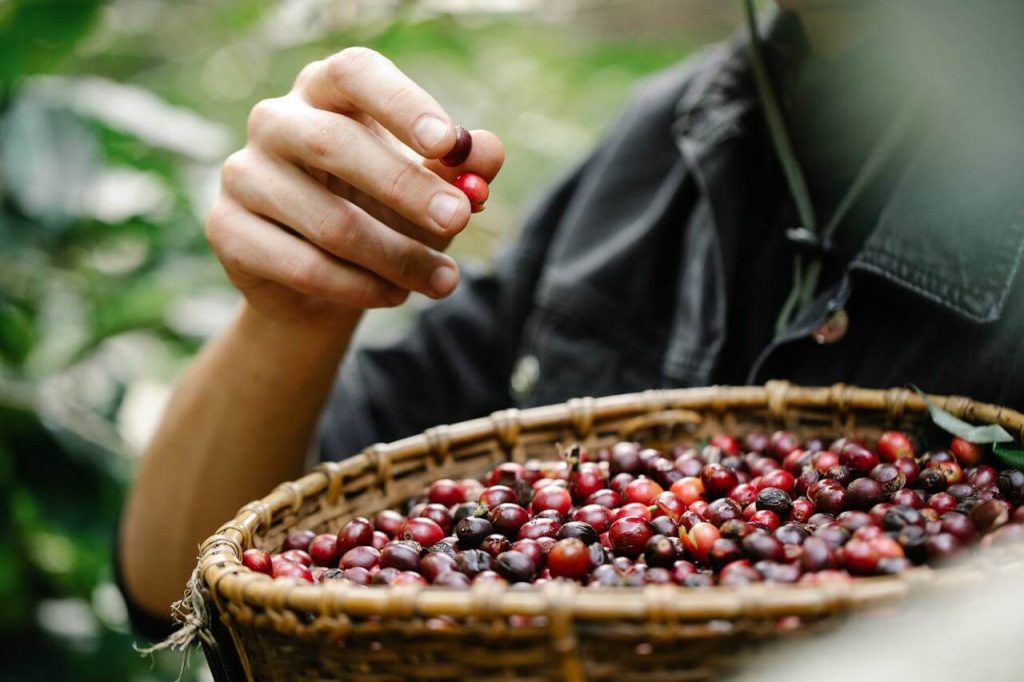
In Sumatra, several regions produce different types of coffee. Sumatra’s diverse coffee cultivation contributes to the country’s reputation for producing high-quality coffee with unique flavor profiles. Let’s explore the three main varieties of Indonesian coffee grown in Sumatra: Arabica, Liberica, and Robusta.
Arabica Coffee
Arabica coffee is grown in various regions of Sumatra, including Gayo, Sidikalang, Samosir, Simalungun, Lintong, Mandheling, and Kerinci. It is known for its low acidity, medium body, and robust flavor. The taste of Arabica coffee can vary depending on the specific region it is grown in, offering coffee lovers an array of unique flavors to experience.
Liberica Coffee
Sumatra is also home to the production of Liberica coffee, which is cultivated in the Rangsang Meranti and Tungkal Jambi regions. Liberica coffee has a distinct taste profile, characterized by low acidity, a strong body, and a subtle nutty flavor. This variety of coffee is a delightful alternative for those seeking a bold and unique coffee experience.
Robusta Coffee
Robusta coffee is predominantly grown in the Semendo and Lampung regions of Sumatra. This variety of coffee is known for its low acidity, robust body, and delightful hints of caramel and nutty flavors. Robusta coffee is highly valued for its distinct taste and is often used in espresso blends to add depth and richness.
Sumatra’s coffee production offers a remarkable selection of Arabica, Liberica, and Robusta coffee, each with its own unique characteristics. Coffee connoisseurs can explore the vibrant flavors and aromas this region has to offer, making Sumatra a premier destination for coffee enthusiasts worldwide.
| Coffee Variety | Acidity | Body | Flavor Profiles |
|---|---|---|---|
| Arabica | Low | Medium | Varying flavors depending on region |
| Liberica | Low | Strong | Subtle nuttiness |
| Robusta | Low | Strong | Hints of caramel and nuttiness |
Java’s Coffee Varieties
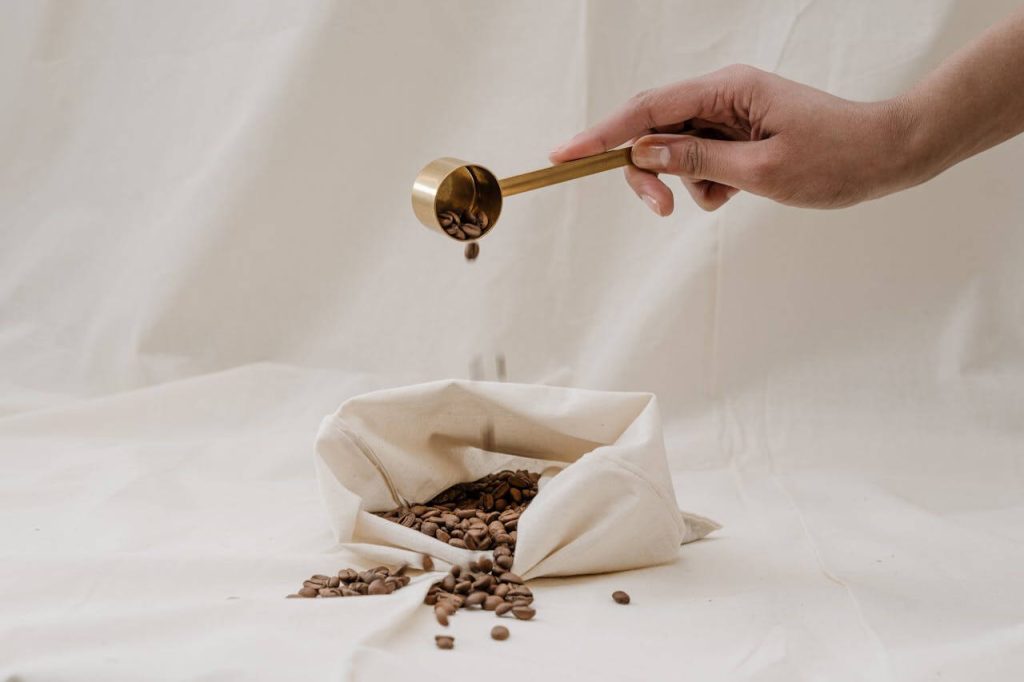
Java, one of the oldest coffee plantations in the world, is renowned for its exceptional coffee varieties. The region is known for producing both Arabica and Robusta coffee, each with its own distinct characteristics.
Arabica Coffee
Arabica coffee is predominantly cultivated in Java’s regions, such as Preanger, Ciwidey, Puntang, Sindoro Sumbing, Jampit, and Ijen Raung. This variety possesses a medium acidity, medium body, and a diverse range of flavors. The flavor profiles can vary, offering a delightful selection for coffee enthusiasts.
Robusta Coffee
In the Temanggung area of Java, Robusta coffee takes center stage. This variety is known for its low acidity, strong body, and unique flavor notes of sweetness, tobacco, and chocolate. Robusta coffee from Java is highly sought after by those who appreciate its distinct taste and robust character.
| Characteristics | Arabica Coffee | Robusta Coffee |
|---|---|---|
| Acidity | Medium | Low |
| Body | Medium | Strong |
| Flavor Notes | Diverse range | Sweetness, tobacco, chocolate |
Coffee in Kalimantan
Kalimantan, the Indonesian part of Borneo, is renowned for its unique coffee known as Liberika. Liberika coffee is predominantly grown in the West Kotawaringin District in Central Kalimantan and the Kubu Raya District in West Kalimantan. What sets Liberika coffee apart is its ability to thrive in lowland areas, making it a resilient and distinctive coffee variety.
Liberika coffee is cultivated in acidic peat soil, which is characteristic of the region. This acidic soil provides a special environment for the coffee plants to develop their flavors. With medium acidity and a strong body, Liberika coffee offers a delightful sensory experience.
The flavors of Liberika coffee are often described as having hints of jackfruit and vegetables, creating a truly unique and memorable taste. This distinctive flavor profile makes Liberika coffee a popular choice among coffee enthusiasts looking for something refreshingly different.

If you’re seeking a coffee experience that stands out from the crowd, Kalimantan’s Liberika coffee is definitely worth exploring. Its resilience, distinct flavors, and connection to the rich soil of the region make it a true representation of the Indonesian coffee culture.
| Characteristics of Liberika Coffee | Flavor Profile | Acidity | Body |
|---|---|---|---|
| Liberika Coffee | Distinctive flavors of jackfruit and vegetables | Medium | Strong |
Coffee in Bali and East Nusa Tenggara
Bali and East Nusa Tenggara are not only known for their stunning beaches and wildlife reserves but also for producing excellent coffee. Arabica coffee varieties such as Pupuan, Kintamani, Bajawa, and Sokoria are grown in these regions, characterized by high acidity, low body, and a range of flavors. Robusta coffee is produced in the Tambora and Wae Rebo regions, known for its low acidity and strong body.
How to Become a Coffee Exporter in Indonesia
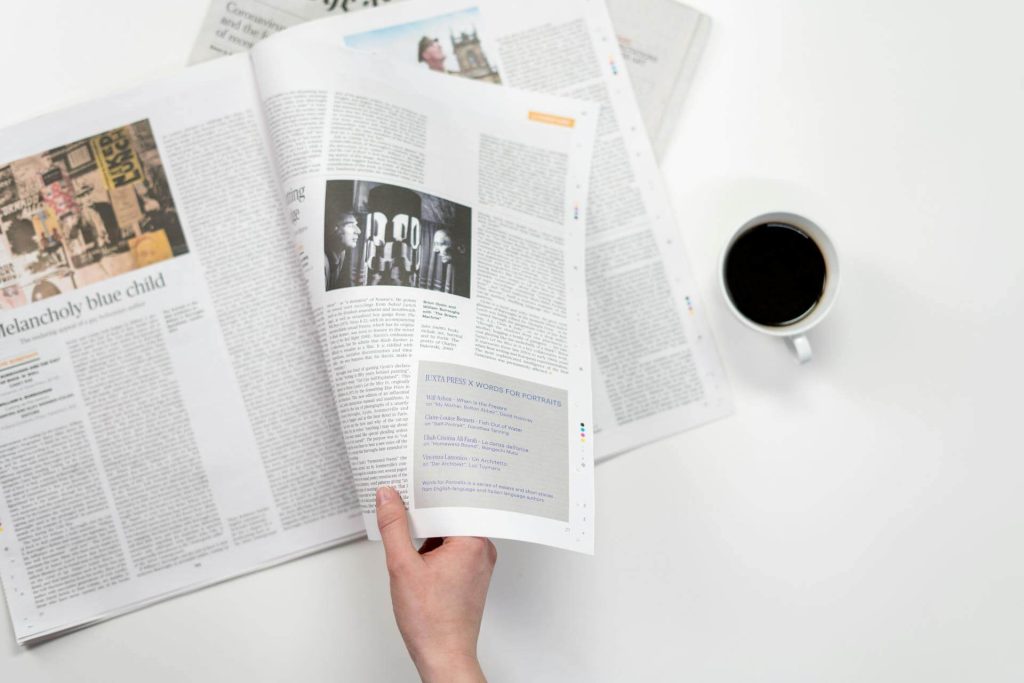
Indonesia has established itself as a prominent coffee exporter, catering to the global demand for its high-quality coffee products. If you are interested in becoming a coffee exporter in Indonesia, there are certain steps and requirements you need to follow. This section will guide you through the coffee export process, from ensuring product quality to obtaining the necessary documentation.
Meeting Quality Standards
As a coffee exporter, it is crucial to meet the quality standards set by the Ministry of Trade in Indonesia. This ensures buyer satisfaction and minimizes the risk of order cancellations or returns. To maintain the quality of your coffee products, focus on factors such as bean selection, processing methods, and storage conditions.
Registering Your Exporting Entity
Before you can begin exporting coffee, you need to have a registered corporation for exporting. This can be at an individual, institutional, or company scale, depending on your preference and long-term goals. Registering your exporting entity ensures legal compliance and facilitates smoother export operations.
Preparing Export Documentation
The export process requires you to prepare various documentation to facilitate the smooth movement of your coffee products. This documentation includes:
| Document | Description |
|---|---|
| Packing List | A detailed list of the coffee products, including the quantity and packaging information. |
| Invoice | An official invoice indicating the value of the exported coffee products. |
| Shipping Instructions | Instructions to the shipping company regarding the handling and transportation of the coffee products. |
| Export Permits | Permits obtained from the relevant authorities to authorize the export of coffee products. |
| Quarantine and Phytosanitary Certifications | Certifications ensuring that the coffee products meet the required health and safety standards. |
By preparing the necessary export documentation in advance, you can streamline the export process and avoid delays or complications.
Becoming a coffee exporter in Indonesia requires adherence to quality standards, proper registration of your exporting entity, and thorough documentation preparation. By following these steps, you can embark on a successful journey in the Indonesian coffee export industry.
Interested with our selection of arabica and robusta coffee bean?
Indonesian Coffee Exporters’ Production Volume
Indonesian coffee exporters play a major role in the global coffee market, contributing to both domestic and international consumption. With a minimum production volume of 641,833 tons annually, Indonesia has firmly established itself as one of the largest coffee exporters worldwide. The country’s rich coffee production allows it to cater to a diverse range of coffee enthusiasts, offering unique flavors and profiles that satisfy the global demand for high-quality coffee.
Indonesia’s prowess in coffee production is a result of its favorable climate, fertile soil, and dedication to sustainable farming practices. These factors contribute to the abundant yield of coffee beans, ensuring a steady supply for both local consumption and export. The commitment of Indonesian coffee exporters to meet the demands of global markets has helped solidify the country’s position as a key player in the coffee industry.
Furthermore, the increasing production volume of Indonesian coffee signifies the growing recognition and popularity of the country’s coffee among consumers worldwide. The meticulous attention to detail and commitment to quality control by Indonesian coffee exporters ensure that the coffee beans delivered to the market consistently meet the highest standards.

As Indonesian coffee exporters continue to expand their production volume, they not only contribute to the socio-economic development of the country but also foster economic opportunities for coffee farmers and local communities. The success of the Indonesian coffee industry is a testament to the dedication and passion of all those involved in the coffee supply chain, from the farmers to the exporters.
The rising production volume of Indonesian coffee reflects the nation’s commitment to being a prominent player in the global coffee market. The growing demand for Indonesian coffee bears testimony to its exceptional quality and unique characteristics. Indonesian coffee exporters are well-positioned to meet the diverse preferences of coffee enthusiasts worldwide, ensuring that the allure of Indonesian coffee continues to captivate coffee lovers far and wide.
Pricing and Minimum Order Quantities
When it comes to Indonesian coffee, pricing varies based on the type and quality of beans. For those seeking the rich flavors of Arabica coffee, prices start at $5.50 per kilogram. Robusta coffee, known for its strong character, is available starting at $3 per kilogram.
In addition to pricing, minimum order quantities play a crucial role in the coffee export process. Exporters typically require a minimum order quantity of 1 tonne, ensuring that they can meet the demand and maintain a steady supply to their customers worldwide.
To get a better understanding of the pricing and minimum order quantities for different coffee types and qualities, refer to the table below:
| Coffee Type | Price Range (per kilogram) | Minimum Order Quantity |
|---|---|---|
| Arabica | $5.50 and above | 1 tonne |
| Robusta | $3.00 and above | 1 tonne |
As an aspiring coffee exporter, understanding the pricing and minimum order quantities is essential for effectively managing your business. By aligning your pricing strategy with the quality of your beans and meeting the minimum order quantities, you can ensure a profitable venture while satisfying the demands of coffee enthusiasts worldwide.
Shipping and Export Details
Indonesian coffee exporters rely on efficient shipping and meticulous export documentation to ensure the smooth transportation and customs clearance of their products. Let’s take a closer look at the key aspects of coffee shipping and export details in Indonesia.
Shipping from the Port of Surabaya
Indonesian coffee exporters ship their products from the port of Surabaya, strategically located on the northeastern coast of Java. Surabaya is one of the busiest ports in Indonesia, offering excellent connectivity and access to international markets. This prime location facilitates timely and cost-effective coffee shipping to various destinations around the globe.
Packaging for Export
Packaging plays a crucial role in ensuring the safe transportation and preservation of coffee beans. Indonesian coffee exporters typically package their products in durable 60kg jute bags, which are widely used in the industry. However, coffee exporters also accommodate customer preferences and can provide custom packaging solutions upon request.
Payment Terms and Export Documentation
When it comes to payment terms, Indonesian coffee exporters usually follow a standard process. Buyers are required to make a 30% down payment upon placing their purchase order. The remaining 70% is paid against the bill of lading, which serves as proof of shipment and delivery.
Export documentation is essential to comply with international trade regulations and facilitate customs clearance. Indonesian coffee exporters meticulously prepare the following documents:
| Export Documents | Description |
|---|---|
| Invoices | Detailed documents that specify the sales transaction, including the quantity, price, and terms of the coffee shipment. |
| Packing Lists | Comprehensive lists specifying the contents and quantities of each package or container. |
| Certificates of Origin | Official documents issued by the relevant authorities that certify the coffee’s country of origin. |
| Phytosanitary Certificates | Certificates ensuring that the coffee shipment is free from pests, diseases, and contaminants, complying with international plant health regulations. |
| Fumigation Certificates | Certificates confirming that the coffee shipment has undergone fumigation treatment to eliminate any potential pests or insects. |
By adhering to these stringent export documentation requirements, Indonesian coffee exporters uphold their commitment to quality, transparency, and international trade standards.
Quality Control and Certification

At Indonesian coffee exporters, ensuring coffee quality control is a top priority. To meet international standards and satisfy buyers’ expectations, the coffee undergoes rigorous testing and certification processes. Independent laboratories evaluate the physical characteristics and tasting notes of the coffee beans, ensuring consistency in flavor and quality.
The coffee quality control measures implemented by Indonesian exporters guarantee that each batch of coffee maintains its distinct characteristics and unique flavors. By adhering to these stringent standards, exporters not only build trust with their customers but also position Indonesian coffee as a premium choice in the global market.
Shipping Delivery Time
The shipping delivery time for Indonesian coffee can vary depending on the destination port. The estimated transit time ranges from several days to several weeks, depending on the shipping line and the distance it needs to travel. Exporters typically follow a regular shipping schedule to ensure timely delivery to customers worldwide.
When shipping Indonesian coffee, it’s important to consider factors such as customs clearance procedures, transport logistics, and any potential delays that may occur during transit. Coffee exporters work closely with shipping partners to coordinate departure dates and ensure that the delivery process is as efficient as possible.
By adhering to a reliable shipping schedule and working with reputable shipping lines, Indonesian coffee exporters can minimize the shipping time and ensure that their products reach customers in a timely manner.
Transit Time Examples
Here are some transit time examples for Indonesian coffee shipments:
| Destination | Transit Time |
|---|---|
| United States | 2-3 weeks |
| United Kingdom | 3-4 weeks |
| Japan | 1-2 weeks |
| Australia | 2-3 weeks |
| Netherlands | 3-4 weeks |
These transit times are approximate and may vary depending on factors such as weather conditions, customs procedures, and any unforeseen circumstances during the shipping process. It’s essential for coffee exporters to communicate closely with their customers and provide updates on the estimated arrival time to ensure a smooth delivery experience.
Interested with our selection of arabica and robusta coffee bean?
Conclusion
The Indonesian coffee industry has established itself as one of the key players in the global coffee market. With a wide variety of flavors and a rich coffee culture, Indonesian export-ready coffee continues to captivate coffee connoisseurs worldwide. From the unique Arabica, Robusta, and Liberica varieties to the distinct characteristics of Sumatra, Java, Kalimantan, Bali, and East Nusa Tenggara coffees, Indonesia offers a diverse range of options to satisfy every coffee lover’s palate.
Indonesia’s strategic geographical location along the equator provides optimal conditions for coffee cultivation, resulting in high-quality beans that meet international standards. This, coupled with the dedication and expertise of Indonesian coffee exporters, ensures that the country’s coffee industry remains a significant contributor to the global market.
If you are looking to navigate the dynamic coffee export market, it is essential to seek personalized guidance and expert advice. Commodity Crate, a trusted partner in the industry, can provide valuable assistance in sourcing the finest Indonesian export-ready coffee and ensuring a smooth export process. With their expertise, you can successfully tap into the global coffee market and showcase the unique flavors of Indonesian coffee to coffee enthusiasts worldwide.

